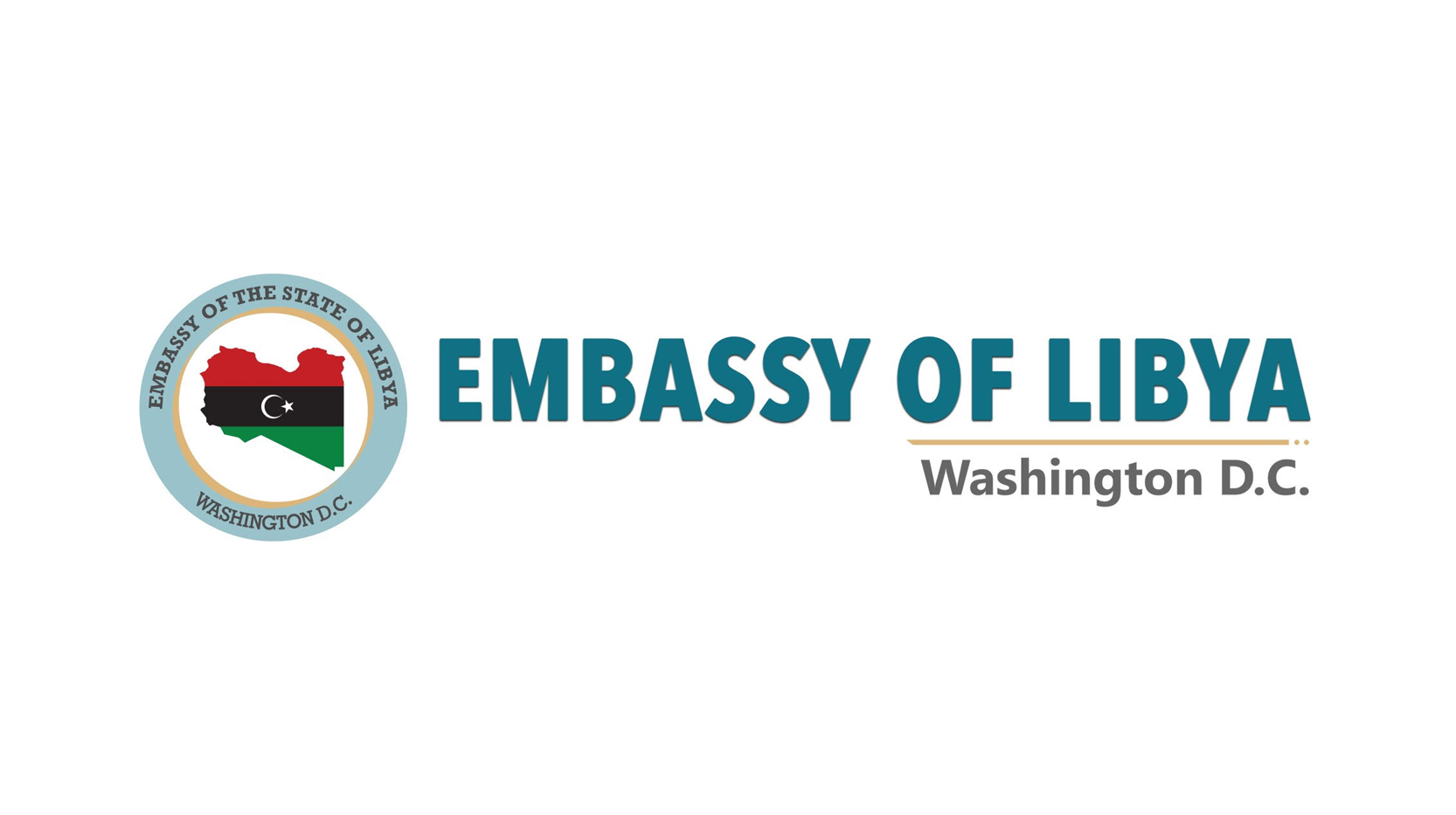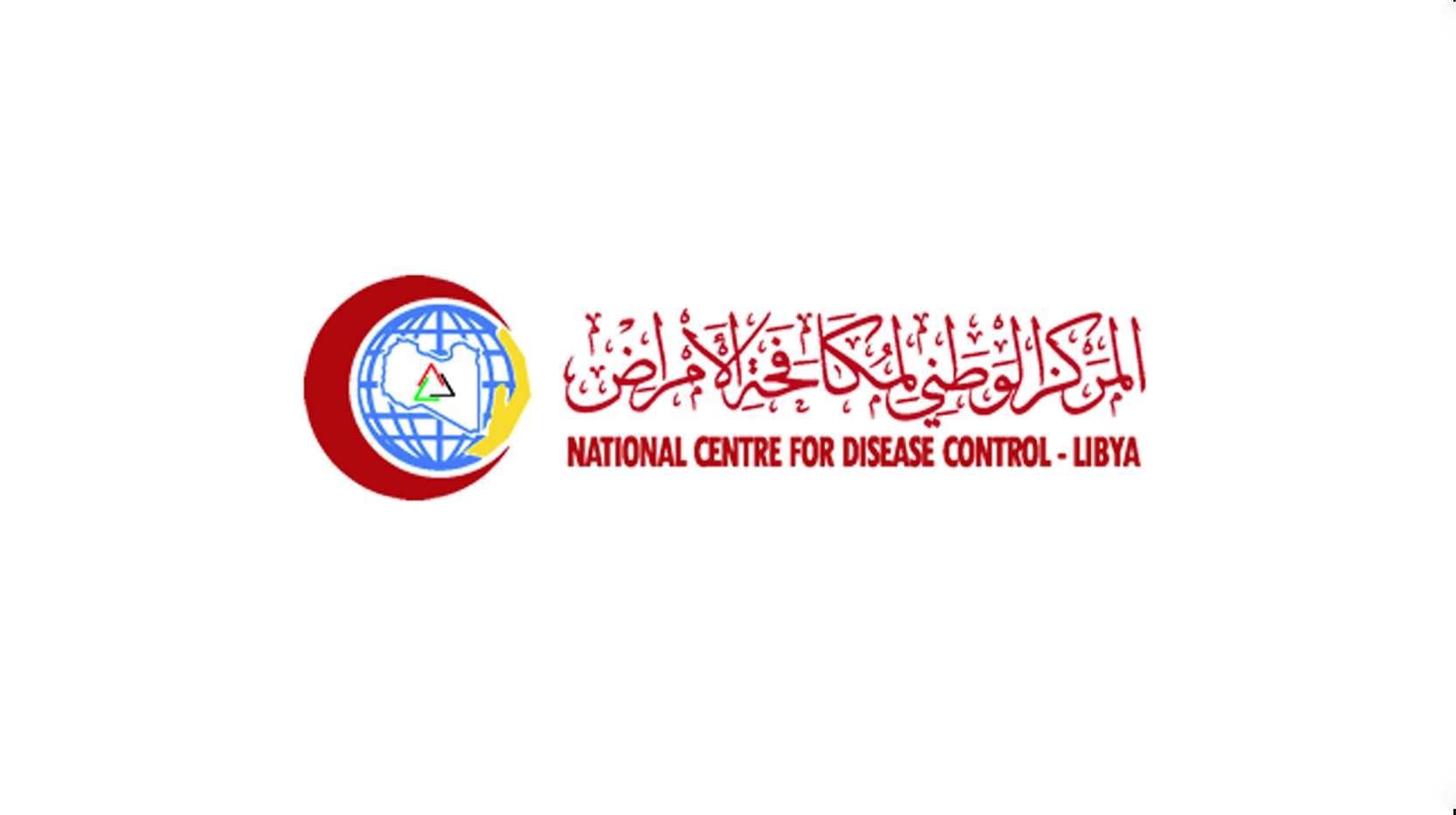NOC Discusses with U.S. Company Halliburton Well Development and Digital Transformation

Taking place on Monday, 9 November 2020, the Libyan Political Dialogue Forum (LPDF) opened talks on the Libya’s future in the Tunisian capital of Tunis. Led by the United Nations and commenced by Acting Special Representative of the Secretary General (ASRSG) Stephanie Williams and Tunisian President Kais Saied, the most recent set of dialogue in Tunis aimed to end nearly a decade of conflict by arranging elections.
As part of previous UN resolutions and the Berlin Conference conclusions, participants of the LPDF discussed the need for a united executive authority in addition to a constitutional framework that would lead the country to long-awaited elections.
According to ASRSG Williams, “[o]ur goal is to bring back legitimacy to Libya’s bodies via elections through democracy. An upcoming new united executive authority will ensure provision of vital services and pave the way for national reconciliation.” In a statement directed towards the LPDF, UN Secretary-General Antonio Guterres shared the sentiment, declaring the LPDF talks in Tunis as the next step in securing democratic legitimacy for the Libyan nation.
Since the signing of the ceasefire agreement in Geneva on October 23rd, Libyan parties in the conflict met last week in the Libyan city of Ghadames to discuss ceasefire implementation, the withdrawal of foreign troops, and the resumption of oil production operations. Today, the LPDF’s meeting in Tunis fulfils the next step in the peace process, discussing the political future of Libya and its plight towards the establishment of a civil democratic state.
Leading up to the LPDF talks in Tunis, U.S. Ambassador to Libya Richard Norland gave his remarks regarding the importance of external actors in the peacebuilding process. To him, the United States is one of many actors who are invested in the success of the political dialogue and process in Libya. Engaging with internal parties in Libya, external actors can encourage them to compromise and keep the welfare of Libyan citizens at the forefront of all talks.
As part of the opening remarks at the LPDF on November 9th, ASRSG Williams highlighted the importance of putting the hopes of Libyans first in the ongoing political dialogue, focusing on rebuilding trust and fostering the collective vision for ending the national crisis. With his country hosting the dialogue, President Saied stated that the solution in Libya must come from Libyans themselves, with the election law to be decided in Tunisia under the LPDF.
In the runup to elections, the LPDF discussed the necessity of restructuring the current executive authority in Libya, which, as the government, will ultimately be responsible for putting in place the necessary conditions for such elections. According to Williams, progress of this work will be monitored and will be reviewed on a regular basis to ensure accountability. Additionally, President Saied proposed that none of the incumbent officials take on new government posts, giving a voice to the collective Libyan people in the form of elected leaders.
In her statement directed towards the LPDF, Williams made it clear that, “[y]ou are here to take a determined and irreversible step towards democratic elections in the coming months that will unite the country and restore Libya to full sovereignty….We are here to give Libya back to the Libyans.”
Source: UNSMIL


.png)

